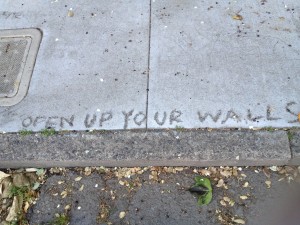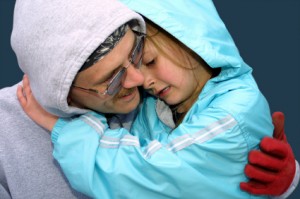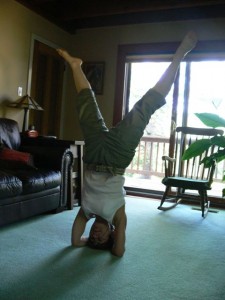I know it’s not the official last day of this month-long Kindness and Respect Challenge. (We all remember Thirty days hath September…) But tomorrow’s Halloween. (Yay, Kit-Kat bars!) So this is my wrap-up post.
When I take on a challenge my goal is to learn and to teach. Like my previous Annoyance Challenge. Did I really want to learn to be more annoying? Teach others to shorten their tempers? No and no. I (stupidly) thought it might be good to learn more about what pushes my buttons so I could, you know, be less reactive and help others do the same. Throwing myself into an annoyance challenge was like draping myself in cosmic fly paper. I instantly attracted the most irritating people and situations. As unpleasant as it was, I learned a bit about my prickly side. Also discovered that feeling irritated may not be a choice, but acting on it definitely is. I also learned to opt out more often. A good thing for me and my family.This time, I wanted to explore a positive human response.
What I’ve learned about kindness and respect
1. Everyone deserves to be treated with kindness and respect.
2. There are no guarantees we ever get what we deserve.
3. We often feel sad and unappreciated when others treat us like crap so we throw a Self-Pity Party.
4. We often feel frustrated and hostile when others treat us like crap so we try to make them pay.
5. How others treat us is beyond our control. (see 2)
6. We have some control over our own behavior.
7. We can choose to be compassionate and respectful to ourselves and others.
8. We can also choose to be ornery and hard to live with.
9. We each have tremendous potential to be good and power to do good.
10. Unfortunately we don’t always remember what we’ve got going for us because destructive emotions can work against us. (See 3 and 4)
11. Stress helps us survive in emergencies. But most of what we stress about is just day-to-day life. Mis-identifying the mundane as EMERGENCY!! messes with our natural inclination to be kind and respectful to one another. And yet (irony of ironies) that inclination is frequently the most effect approach.
12. When we are kind and respectful we can often soften hearts and open minds.
13. When we are kind and respectful and people remain hard-hearted and close-minded, we still did the right thing. For that, we earn Good Karma points.
14. Whenever you see a child, smile kindly and say “Hi.” Kids need to see kind people in the world.
15. Whenever you are with children, treat them and everyone else with respect. That’s how you teach kids what it feels like to be respected and what it looks like to be respectful.
Okay. That’s all I’ve got for now.
Thanks for coming along with me on this leg of the journey. Hope you learned something useful.
In friendship,
Annie















